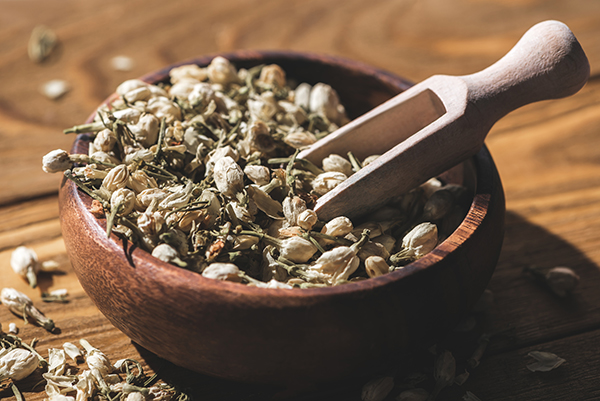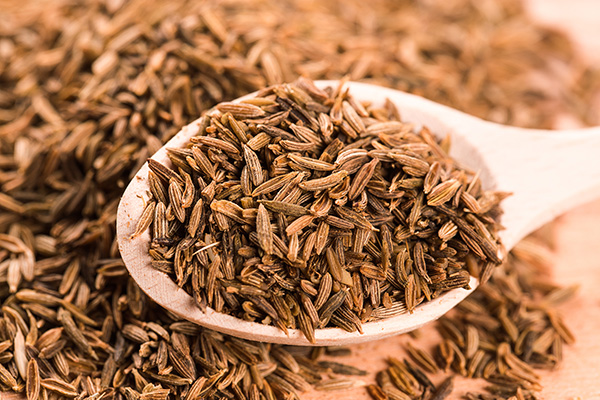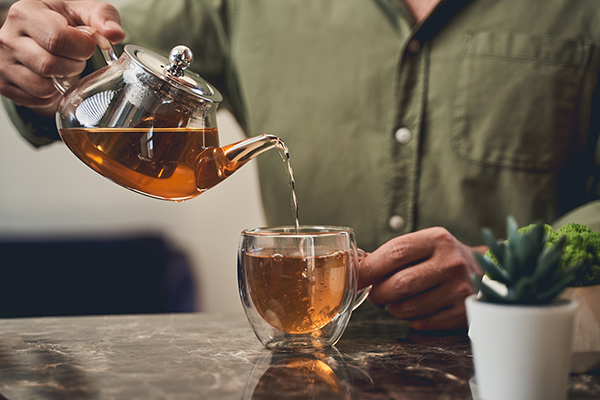The 9 Best Teas for Breast Milk Production
For new mothers, one of the top concerns is ensuring they can provide enough nourishment for their growing babies. Lactation teas have become a popular choice for mothers looking to increase their milk production naturally.
This article will explore the best teas for lactation and how they can help improve milk production.
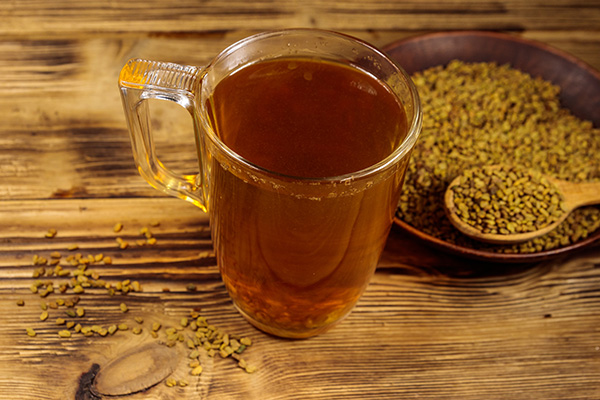
Best Teas for Breast Milk Production
1. Fenugreek Tea
Fenugreek is a popular herbal supplement used by nursing mothers to increase milk production. It contains phytoestrogens, which mimic the hormone estrogen and help stimulate milk production. Fenugreek tea is made from the seeds of the plant and has a slightly bitter taste. Drinking one to three cups a day may help boost milk production in as little as 24 to 72 hours.

2. Fennel Tea
Fennel is another herb commonly used to enhance lactation. It contains anethole, a compound that has estrogen-like properties, which can help stimulate milk production. Fennel tea has a sweet, licorice-like taste, making it an enjoyable option for those who prefer a milder flavor. Drinking one to three cups of fennel tea daily may help increase milk supply.
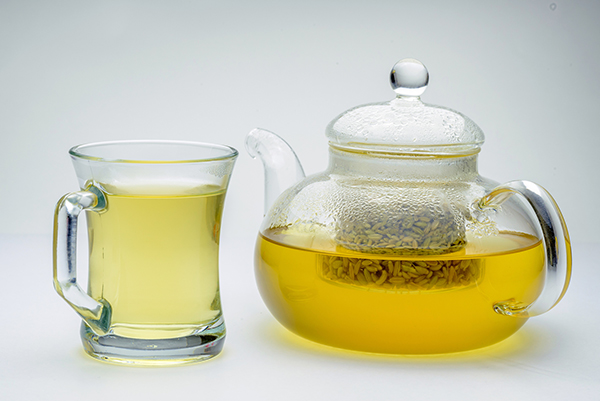
3. Blessed Thistle Tea
Blessed thistle is a traditional herbal remedy used to increase milk production in breastfeeding mothers. It is believed to work by stimulating the blood flow to the mammary glands. The bitter taste of blessed thistle tea might take some getting used to, but it can be an effective option for boosting lactation. Consuming one to three cups per day is typically recommended.
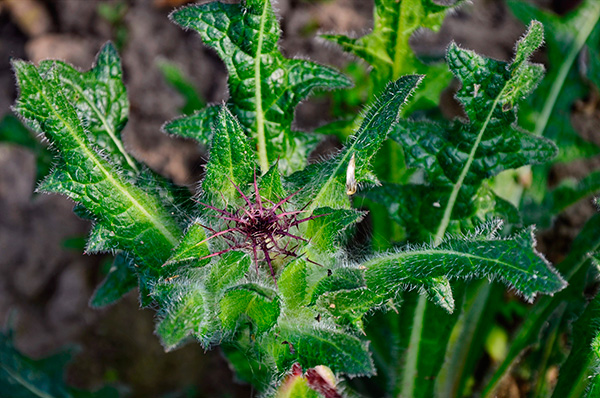
4. Nettle Tea
Nettle is a nutrient-rich herb that has been used for centuries to support overall health and well-being. It contains vitamins and minerals that are essential for nursing mothers, such as iron, calcium, and magnesium. Nettle tea is believed to help increase milk production by providing essential nutrients and supporting hormonal balance. Drinking one to three cups of nettle tea daily can help improve milk supply.
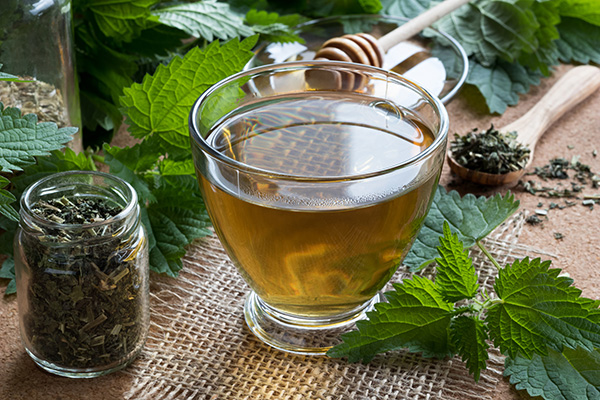
5. Red Raspberry Leaf Tea
Red raspberry leaf is rich in vitamins and minerals, making it an excellent choice for breastfeeding mothers. While it is more commonly known for its uterine-strengthening properties during pregnancy, red raspberry leaf tea can also help increase milk production. Drinking one to three cups per day can provide valuable nutrients and promote lactation.
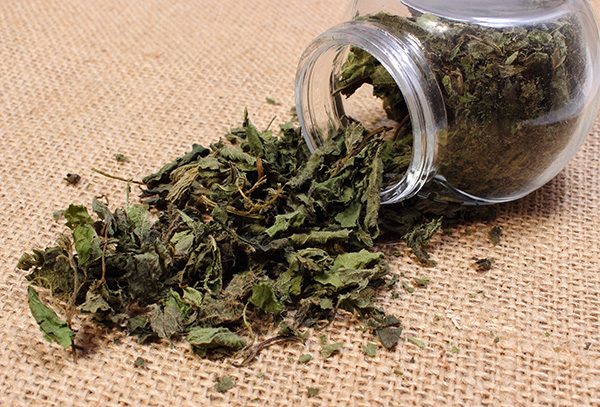
6. Goat’s Rue Tea
Goat’s rue is another powerful herb known for its ability to increase milk production. It contains a substance called guanidine, which is believed to stimulate the development of breast tissue and promote milk production. Drinking goat’s rue tea daily can help nursing mothers boost their milk supply.
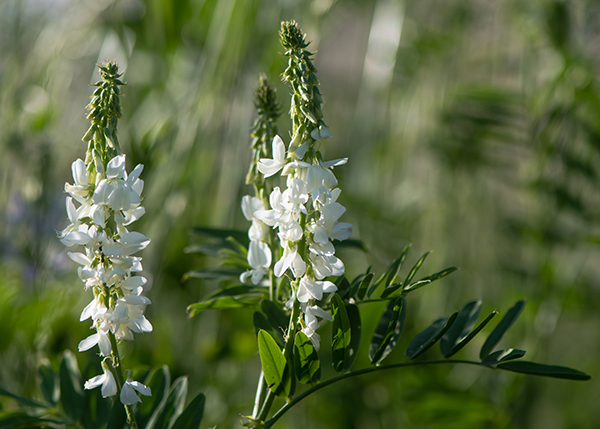
7. Alfalfa Tea
Alfalfa is a nutrient-dense herb that has been used for centuries to support overall health. It contains vitamins, minerals, and amino acids that are essential for nursing mothers. Alfalfa tea can help increase milk production by providing these vital nutrients and promoting hormonal balance. Drinking one to three cups of alfalfa tea daily can support lactation and overall health.
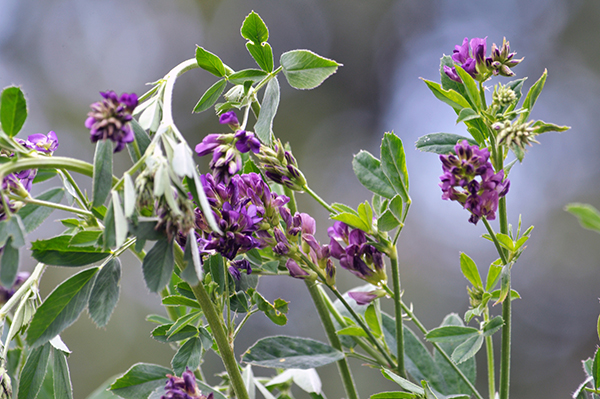
8. Milk Thistle Tea
Milk thistle is a powerful antioxidant and has been used for centuries to support liver health. While it is not specifically known for its lactation-enhancing properties, some mothers have reported an increase in milk production after consuming milk thistle tea. The antioxidant properties may help promote overall health and well-being, making it a beneficial addition to a nursing mother’s diet.
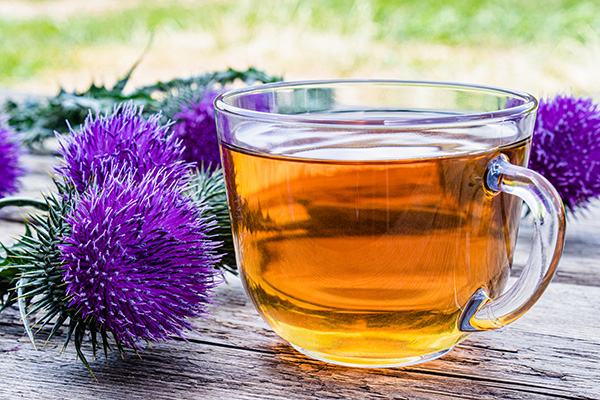
9. Mother’s Milk Tea
Mother’s Milk Tea is a popular blend specifically designed to support lactation in breastfeeding mothers. It contains a mix of beneficial herbs, including fenugreek, fennel, anise, and blessed thistle, which work together to promote milk production. The tea has a pleasant, slightly sweet taste that many mothers enjoy. Drinking one to three cups of Mother’s Milk Tea daily can help boost your milk supply and provide additional support for your lactation journey.
Tips for Choosing and Using Lactation Teas
1. Consult with a healthcare professional
Before starting any herbal supplement or tea, it’s essential to consult with your healthcare provider or a lactation consultant. They can guide you on the appropriate herbs and dosages to use based on your individual needs and circumstances. Some herbs may interact with medications or have side effects, so it’s crucial to get professional advice.
2. Choose high-quality, organic teas
When selecting lactation teas, opt for high-quality, organic products to ensure you’re consuming pure and safe ingredients. This will help to minimize exposure to pesticides and other harmful substances that could be harmful to both you and your baby.
3. Be patient and consistent
It may take some time for the effects of lactation teas to become noticeable. Be patient and consistent in consuming the recommended amount of tea daily. Remember that every mother’s body is different, and the results may vary.
4. Combine with other lactation-boosting techniques
Lactation teas can be more effective when used in combination with other methods to increase milk production. Ensure that you’re practicing proper breastfeeding techniques, staying well-hydrated, and consuming a balanced diet rich in nutrients to support optimal lactation.
5. Monitor your baby’s reaction
As you introduce lactation teas into your routine, keep an eye on your baby’s reaction. Some babies may be sensitive to certain herbs or experience changes in their digestion. If you notice any adverse effects, discontinue the use of the tea and consult with your healthcare provider.
Conclusion
Lactation teas can be an effective and natural way to help boost milk production for breastfeeding mothers. By choosing the right herbs and following the recommended guidelines, you can support your lactation journey and provide the best nourishment for your growing baby. Remember to consult with your healthcare provider before introducing any new supplements or teas, and to be patient and consistent in your efforts.


